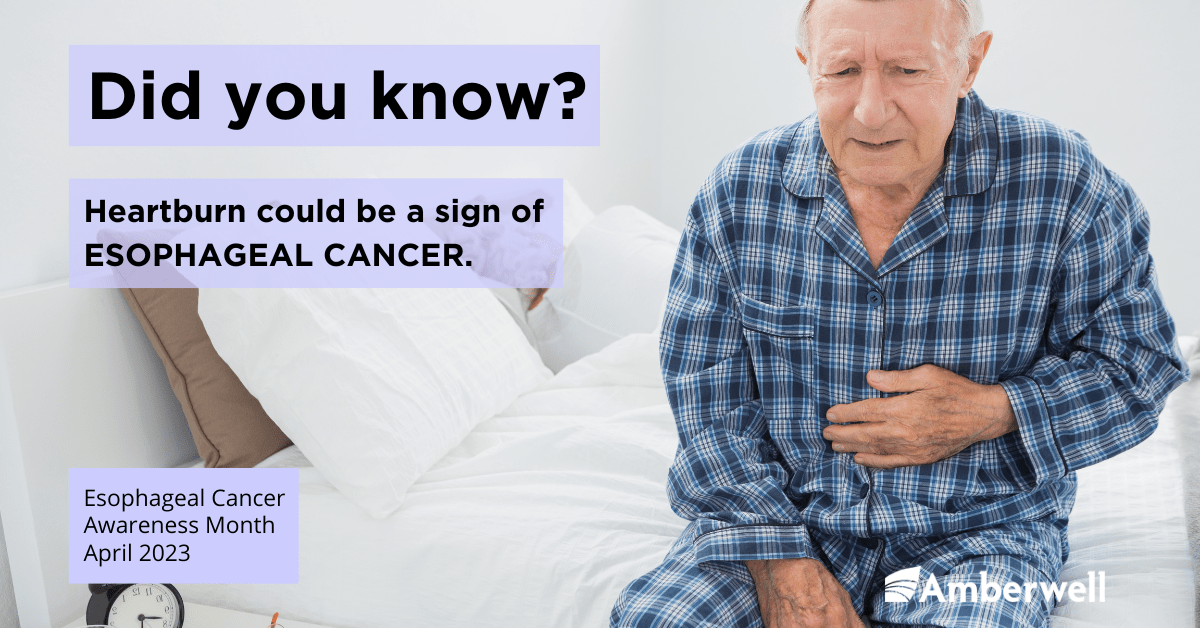Esophageal cancer is the fastest growing cancer diagnosis among men in the United States. Most people diagnosed with esophageal cancer will die from it because it’s usually caught in its late stages. Early on, esophageal cancer typically has no signs or symptoms. One of the most effective ways to prevent esophageal cancer is to seek treatment for frequent or constant heartburn or gastroesophageal reflux disease (GERD).
Occasional heartburn is common. More than sixty million Americans experience heartburn at least once a month, and about a fourth of those experience heartburn symptoms every day. When heartburn won’t go away, it may be a symptom of a more serious health issue like GERD or esophageal cancer.
GERD occurs when food and acid from the stomach repeatedly flow backward into the esophagus, damaging the tissue lining. This damage results in symptoms like heartburn, cough, sore throat, hoarse voice, vomiting, or pain. Untreated GERD can lead to a permanently damaged esophagus and increase your risk of developing esophageal cancer. Unfortunately, as with many cancers, by the time you start to experience symptoms, your condition may have already progressed to a cancer diagnosis.
Managing GERD symptoms with acid-reducing medications, either over the counter or prescription, is not a good long-term relief solution and will not cure GERD. Stomach acid does not cause GERD. GERD is the result of a damaged esophageal valve connecting the esophagus to the stomach. Medication will not fix the damaged valve. Because medication does not cure GERD, people can easily become dependent on taking medication multiple times a day to get relief from GERD symptoms. Overuse of GERD medications increases your risk of esophageal cancer.
At Amberwell Health, board-certified general surgeon Dr. Roderick Warren is an expert in surgical GERD treatments. Dr. Warren assesses each individual patient and carefully chooses treatment options based on each patient’s personal needs. There are several endoscopic and minimally invasive procedures that can help restore proper function to the faulty valve in your digestive system and relieve your GERD. Dr. Warren will choose the best option for you and perform your surgery. To learn more about treatment options for GERD, contact Dr. Warren’s office at 913–367–6682.

